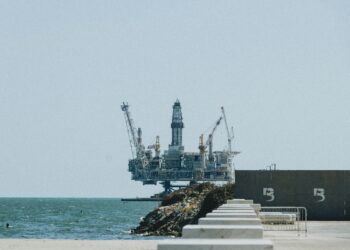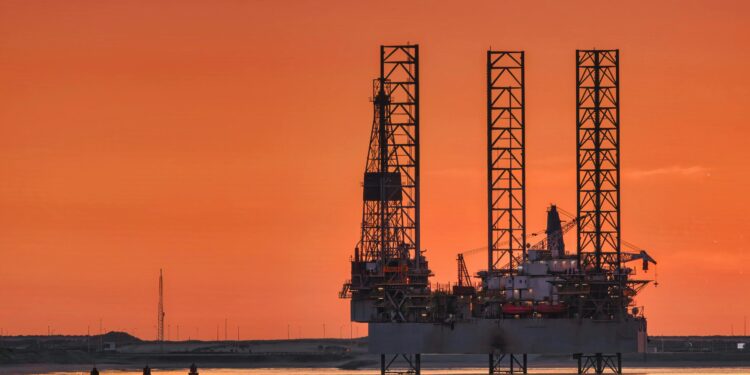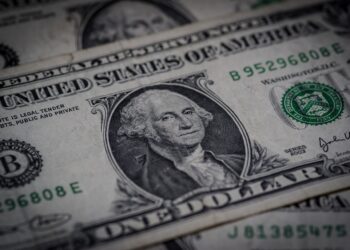Nigeria, a nation blessed with an abundance of oil but cursed by its own existence. The oil industry has been both a blessing and a curse; while some are wealthy others continue to suffer from extreme poverty, widespread corruption and degradation of the environment. The discovery of oil in Nigeria in 1956 was hope and promise seen as the ticket to economic development in a country that wanted to be like the developed nations.
After several decades, however, it is quite clear that this was just a dream gone wrong. Corruption has plagued the oil industry; billions of dollars’ worth of petroleum revenue have disappeared through corrupt politicians and officials’ pockets. The majority remain poor while very few enjoy the benefits.

The Niger Delta region used to be an ecological paradise but now it is devastated territory. As a result, due to oil spills, gas flaring and pollution, people have lost their sources of livelihood as well as habitats where they lived before there was oil exploration activities going on. Delta residents are faced with numerous health problems like being displaced from their homes and losing their cultural identities among others due to the ‘oil curse’.
People have taken up arms against those who are supposed to be protecting them because they have not been given what is rightfully theirs; protests are common occurrences all over the place with violence threatening national cohesion which could lead it into collapse.
This has made Nigeria’s economy very much dependent on oil, thus putting it in danger whenever prices rise or fall globally. Efforts at diversification have been slow leaving it exposed to shocks from external sources of revenue.
In order to break the oil curse, Nigeria must diversify its economy, curb corruption and enhance openness, carry out environmental remediation, and empower local communities. Can we attain peace amidst political instability? The answers to this question will either enable or disable Nigeria from breaking its oil curse as well as enabling it to hope for better generations.

















